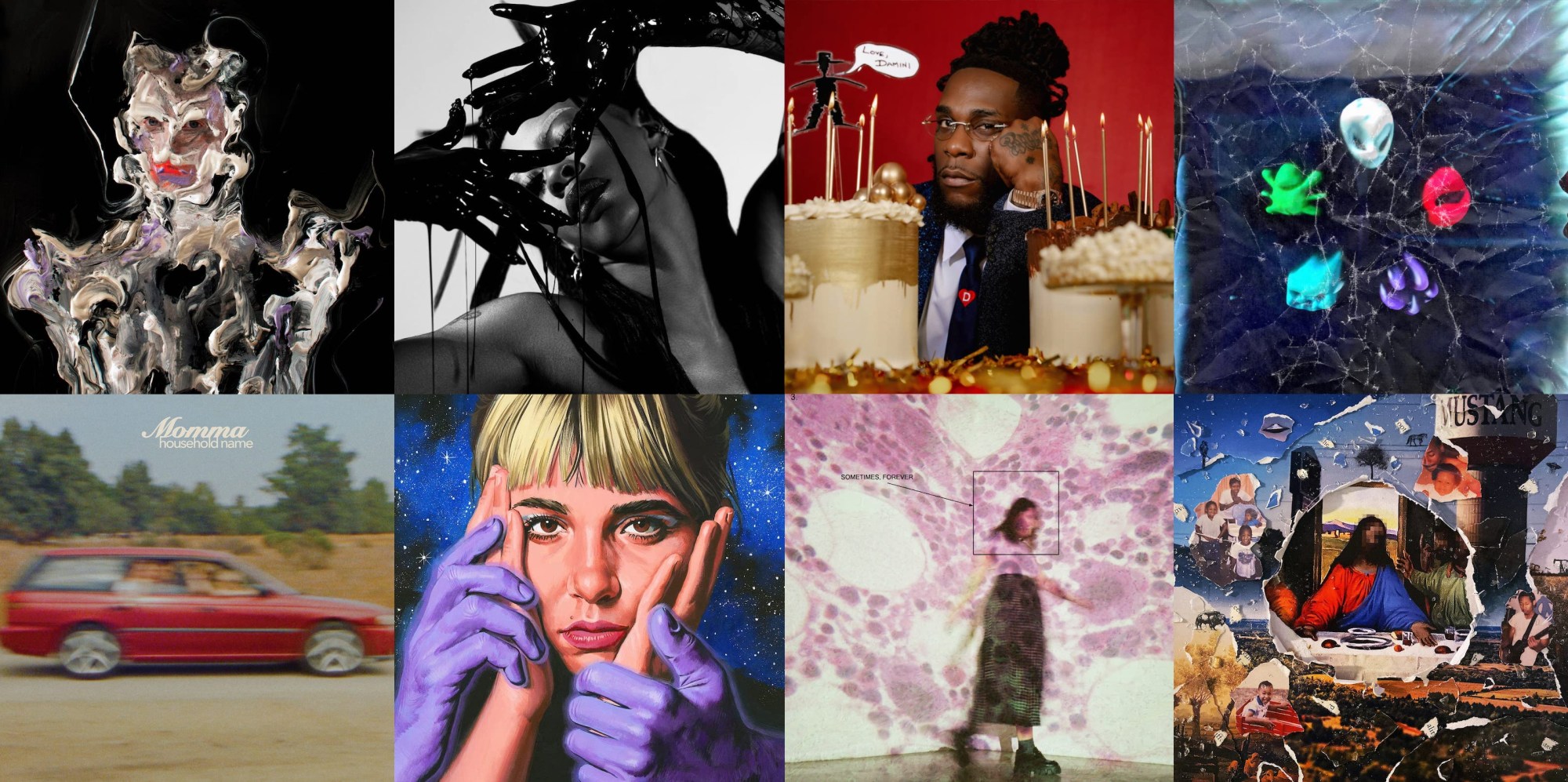Summer 2022, we hardly knew you. While many seem committed to making the best of these bleak times, we’re left staring at the end of yet another summer where much-needed frivolity and catharsis were undercut by a perfect storm of global health crises, financial precarity and climate catastrophe.
While this season usually offers much needed escapism, the best music of June, July and August balanced moments of joy and relief with visceral examples of why those feelings were earned. Albums like Beach Bunny’s Emotional Creature or Burna Boy’s Love, Damini blend blockbuster soundscapes — power pop and Afrobeats, respectively — with lyrics about heartbreak, hurt feelings and healing.
But the summer is also a time to try something new, and plenty of artists took this as a chance to stretch the bounds of their comfort zone. While Beyoncé’s Renaissance is the most obvious example here, we’re looking to the less widely celebrated. Rico Nasty’s Las Ruinas is the iconoclastic vocalist’s wildest ride yet, combining glitchy trip-hop, bassy house and frenetic hyperpop with her signature blend of aggressive hip-hop. Soccer Mommy’s third album sees the acclaimed indie singer-songwriter team up with electronic producer Oneohtrix Point Never for a fascinating foray into the nexus of digital decay and real-word emotion. Then there’s the latest from U.K. duo Two Shell, which is pure Loki-style mischievous fun.
As we move on from a season that proved to be more about surviving than thriving, the following 12 records offer a sense of solace and celebration in equal measure — good for both taking stock and cutting loose. These are the summer 2022 albums you need to hear right now.
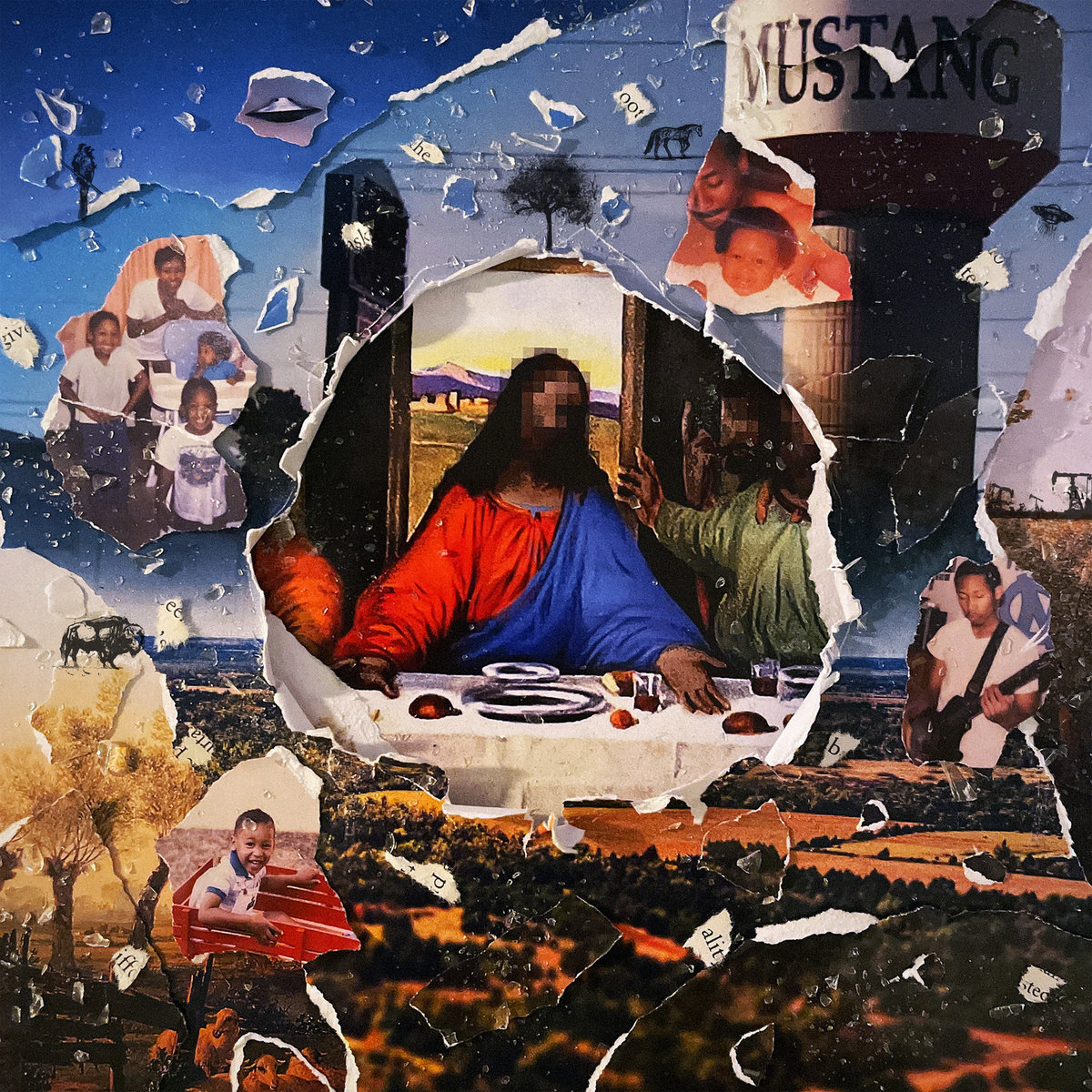
Bartees Strange, Farm to Table (June 17)
The idea of genre-bending has become almost as played out as the concept of genre itself, but Bartees Strange is a rare artist whose innovation sounds fresh in the post-post-post-modern age. Farm to Table, the vocalist-guitarist-producer’s second LP, picks up where 2020’s Live Forever left off establishing him as not merely a chameleonic talent, but a genuine pioneer in an incredibly crowded field.
“Mulholland Dr.” is the album’s soaring highpoint, with swooping guitars and an excellent quiet-loud dichotomy that really sells lyrics about both the mundane (going to the lake, getting high, listening to Radiohead) and the cosmic (“And I don’t believe in the bullshit / Of wondering when we die / I’ve seen the ending / It’s all in your face and your eyes”).
“Escape This Circus” makes excellent use of the lower end of Bartees’ vocal range. It’s a kind of Americana song about the absurdities of modern life (“I’m in a fancy place, paid too much for the room / The clerk, he says to buy some crypto, he had holes in his shoes”) that invokes the incisive wit of Gil Scott-Heron.
Across 10 brisk songs, Farm to Table packs in a feeling-myself rap track about the validation of indie co-signs, a closing time barroom shanty, and an achingly tender ballad about Bartees’ childhood. These are big, bold swings, the kind that in the hands of a lesser artist would feel almost jarring.
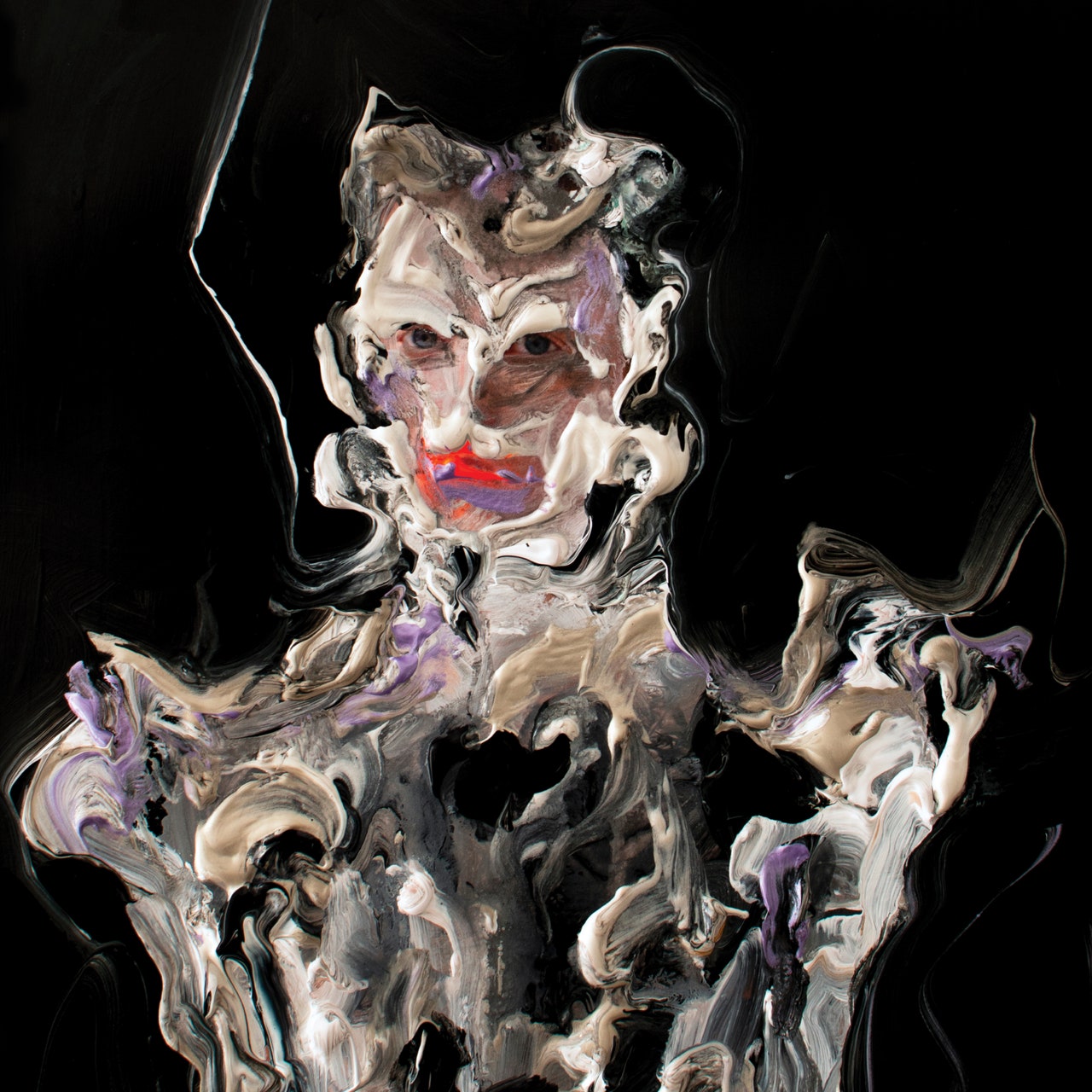
Perfume Genius, Ugly Season (June 17)
Michael Hadreas’ sixth album as Perfume Genius first took the form of a collaborative performance art piece with choreographer Kate Wallich. Titled “The Sun Still Burns Here”, the project gave the gorgeous indie music of Perfume Genius a new, strange exoskeleton, a sense of the sublime that is felt keenly throughout Ugly Season.
Michael described the process of translating the piece into an album as deeply challenging, even telling Paste, “Some of these songs are the hardest I’ve ever worked on a song.” There’s no “Slip Away” or “On the Floor” or anything that feels tailor made to soundtrack the climactic moment of an alt coming-of-age film. Instead, we get the seven-minute “Herem”, an entire suite that incorporates unnerving string-and-vocal harmonies and burbling, otherworldly synths and drum loops. The cheekily titled “Pop Song” reverberates and refracts like a mirror held in front of another mirror. When it starts to feel too new-age, evocative lyrics about the human form keep the track grounded.
Ugly Season doesn’t go down as smoothly as 2020’s Set My Heart on Fire Immediately or the gorgeous, gossamer No Shape, but it’s a record that proves Perfume Genius’ willingness to deviate from a style that never stopped feeling fresh in favour of something wholly unfamiliar.
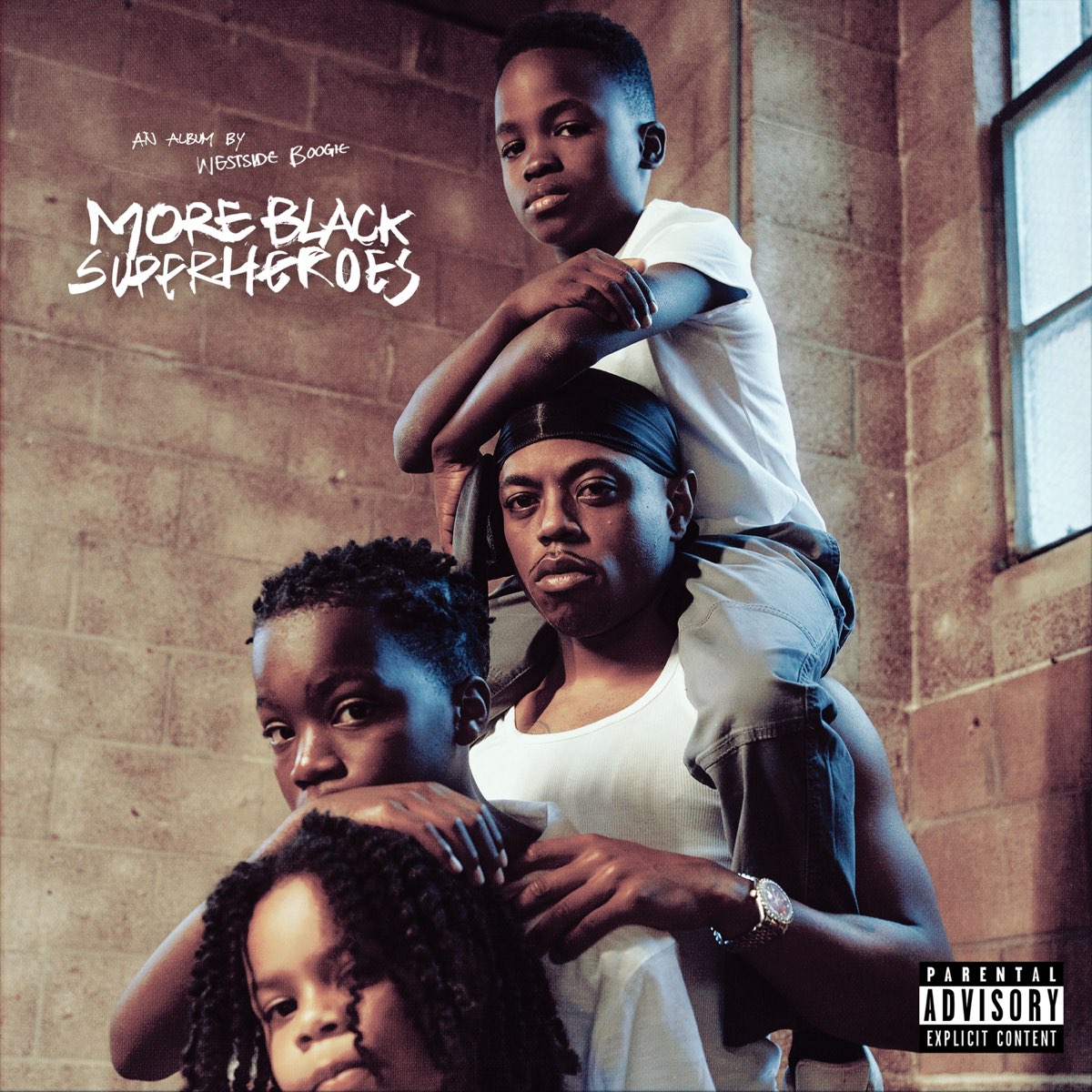
Westside Boogie, MORE BLACK SUPERHEROES (June 17)
We’ve reached peak male toxicity in modern hip-hop and R&B, and are hitting a point of diminishing returns (look at the response to DVSN’s “If I Get Caught”). Many of the vocalists embracing the trend aren’t adding any fresh perspective, essentially reworking the same Future text memes over increasingly expensive sounding beats.
However, Westside Boogie is a pioneer in the “Am I a bad guy?” space and has consistently brought catchy melodies, acerbic humour, and a clear-headed self-awareness that many of his peers lack, all of which he packs into MORE BLACK SUPERHEROES. On the album’s opener, his mood changes fast. In one couplet, he rudely puts down women who love astrology (“Know it’s a bitch that I’m blocking for sure / If she think she gon’ ask me what time I was born”), before reflecting on the cyclical nature of pain (“Here go my life where you stuck in a circle / Like fuck it, I’m hurting, so I might as well hurt you”).
MORE BLACK SUPERHEROES manages to switch moods quickly without ever feeling jarring. The bleary-eyed late-night cut “Stuck” segues into the romantic, melancholy “Nonchalant” seamlessly (the latter is a type of song Boogie has perfected over the years, including the Snoh Aalegra collab “Time” or the dreamy “Sunroof”).
When done the wrong way, this sort of music feels like an excuse for male vocalists to degrade women in the name of quote unquote honest art. But Boogie knows that when you point a finger, there are three pointing back at you, and that awareness – along with uniformly excellent production – keeps MORE BLACK SUPERHEROES complex and riveting.
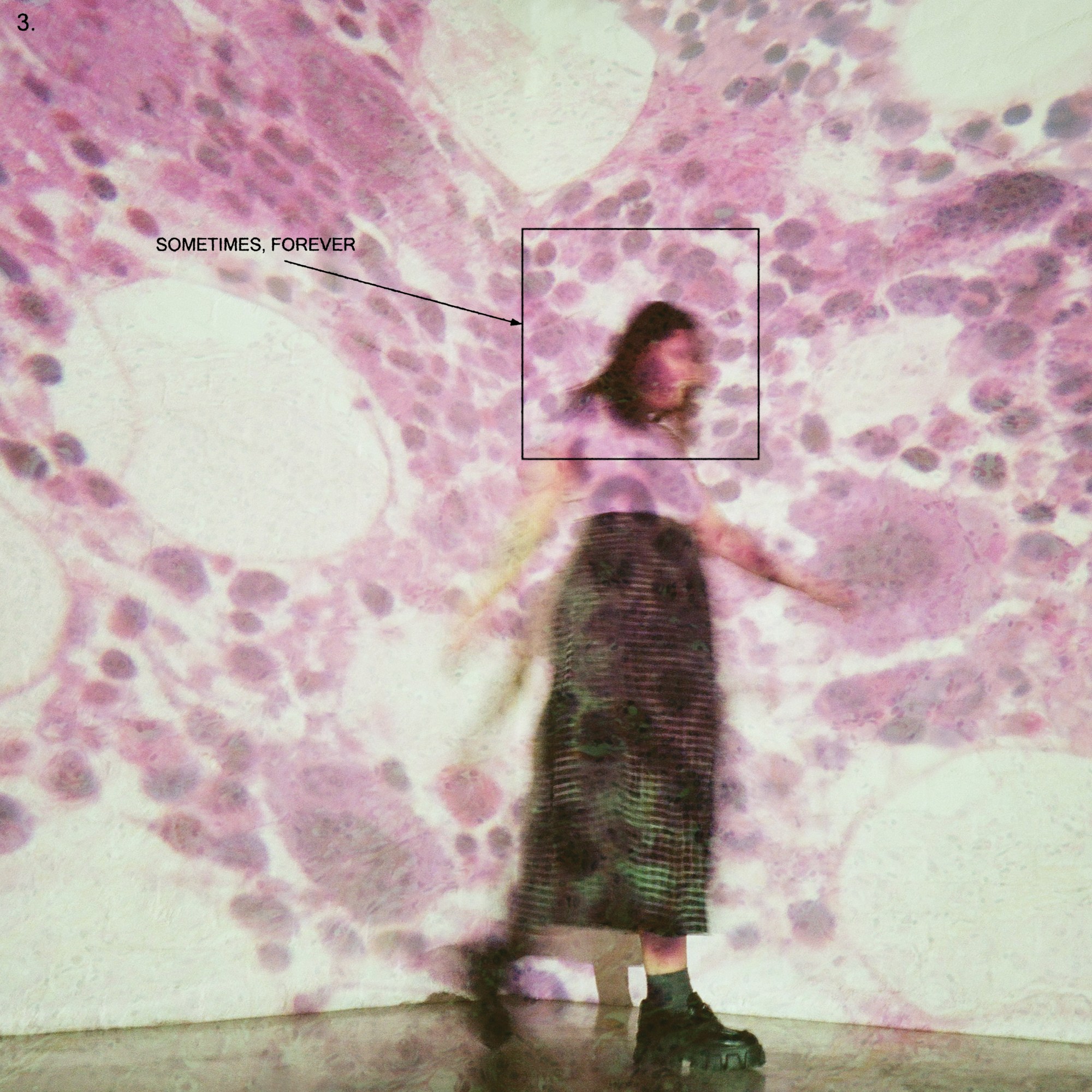
Soccer Mommy, Sometimes, Forever (June 24)
Though worth celebrating in its own right, Soccer Mommy’s 2020 sophomore album didn’t quite reach the level of 2018’s Clean, one of the great indie rock records of the last decade. Instead of doubling down or making a play at a past self, Sophie Allison opted to enlist Oneohtrix Point Never for Sometimes, Forever, a record about transience that plays with the dark and light both sonically and thematically.
Lyrically, “Darkness Forever” is an unrelentingly bleak song about the fraught allure of suicide, but its pronounced bass line and chunky drums make it into lurid, seedy fun, like a late-night at a bad motel. With its fuzzy guitar chords and brisk pace, “Don’t Ask Me” feels like a welcome respite, but Sophie’s writing is just as soul-bearing and unnerving. “No longer searching / For something that will set me free / From who I am and who I’ll always be / Always be,” she sings with a kind of cheery resignation. To balance those, you have “With U,” a dreamy love song with warm guitar work and a chorus about long-term love on a cosmic scale.
In a Pitchfork interview about the new album, OPN praised Sophie’s ability to combine the “sweet and sour” on her songs. Soccer Mommy has been doing this since her very first demos, but the stakes have never been as high – or, depending on how fatalistic you’re feeling, as low – as they are on Sometimes, Forever.
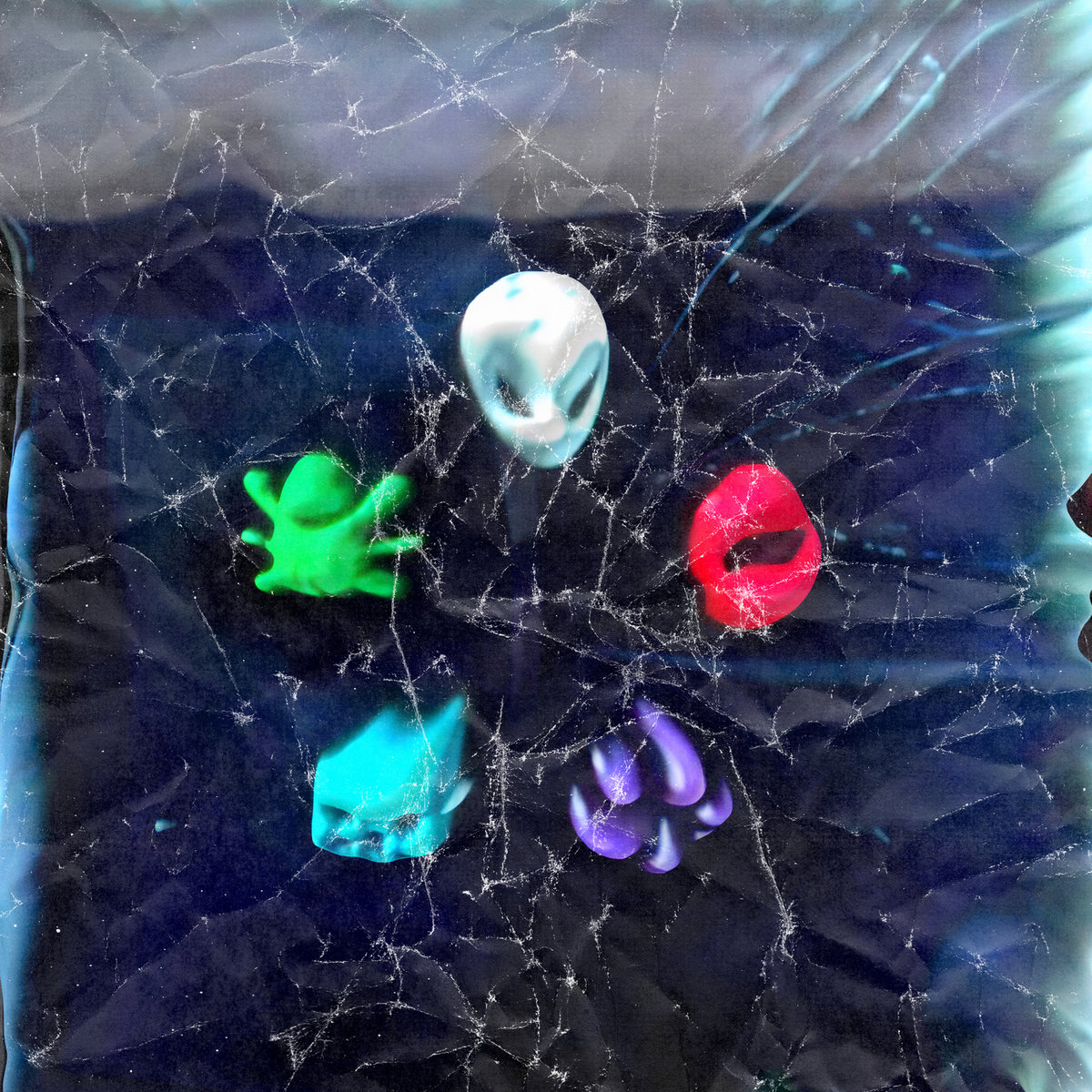
Two Shell, Icons (June 30)
They may have sent impersonators to play one of their sets. Their first and only interview was taken down and can now only be read on an inscrutably formatted Google Doc. They’re almost certainly not Disclosure. Still, U.K. duo Two Shell are among the buzziest names in electronic music, earning critical acclaim and a devout following, even while no one knows who the members are.
Their 2022 EP Icons – presumably a joke about their anonymity – is joyously off-kilter, combining elements of garage, bass, house and even hyperpop into something strange and surreal. The glitchy synths towards the middle of “Pods” are so grating they almost sound like bagpipes, but they provide an anchoring point as the ping-ponging percussion and metallic vocal samples fly around the track. “Memory” feels indebted to SOPHIE and PC Music, with its pitched-up AI vocals and rubbery plinks, but the actual textures feel fresh and distinctly Two Shell.
In their interview with The FACE, Two Shell stated that they hoped their antics and cheeky presentation would make people take the music industry itself less seriously. It’s an understandable goal – the business could do with a few more jokesters – and one that would feel hollow if the records they make weren’t so good.
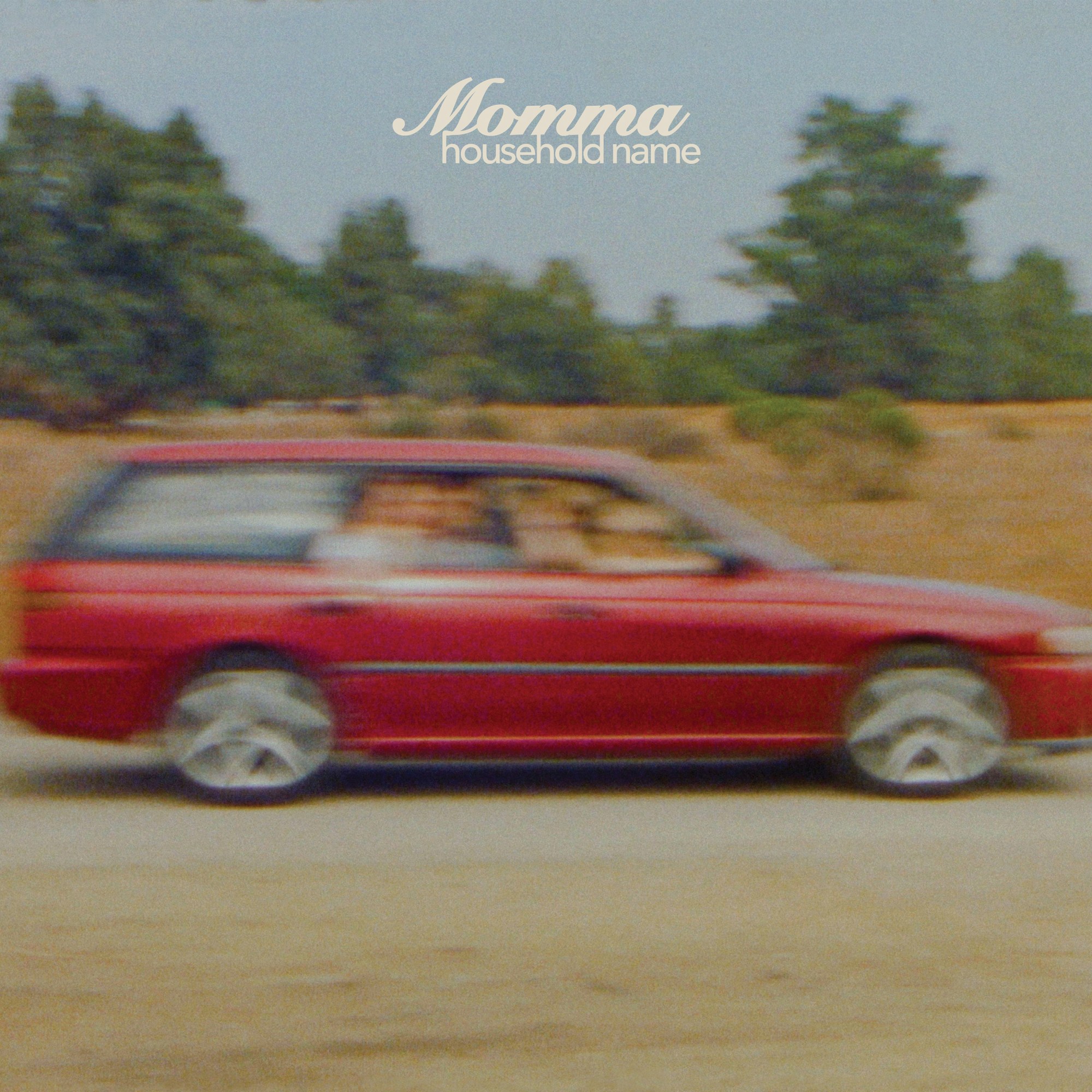
Momma, Household Name (July 1)
A clever subversion of the very genre perennially obsessed with selling out, Brooklyn-by-way-of-LA band Momma’s new album is a winking take on 90s rock that lets the listener in on the joke from the get go. Composed of guitarists/vocalists Etta Friedman and Allegra Weingarten and producer/bassist Aron Kobayashi Ritch, Momma earned acclaim with 2020’s Two of Me, but shoots for the marquee on Household Name.
Lead track “Rip Off” recalls a too-good-to-be-true record label pitch meeting, which leaves the band vowing to get inescapably famous in retaliation. Other highlights like “Rockstar” explore the pursuit of fame, filled with imagery of dimly lit barrooms and endless days on the road. If this sounds a little inside baseball, grungy riffs and tag team vocals keep the album purely pleasurable and not too navel gaze-y.
And some of Household Name’s best tracks are not about fame but romance. The long distance love song “Lucky” is unbelievably sweet, as Etta sings, “If I drive in four days time / My highway hills could reach the east / If I drive in four days time / I’d pick you up from hometown streets / Buckle up, I’ll be there”. There’s a bittersweet exasperation to “Callin Me,” a track with a great central metaphor about poor communication, but the hook is pure college rock bliss.
With the way streaming has fractured music fandom, there are fewer household names than ever before. If Momma never reaches that level, it won’t be because the quality of their music wasn’t deserving of such recognition.
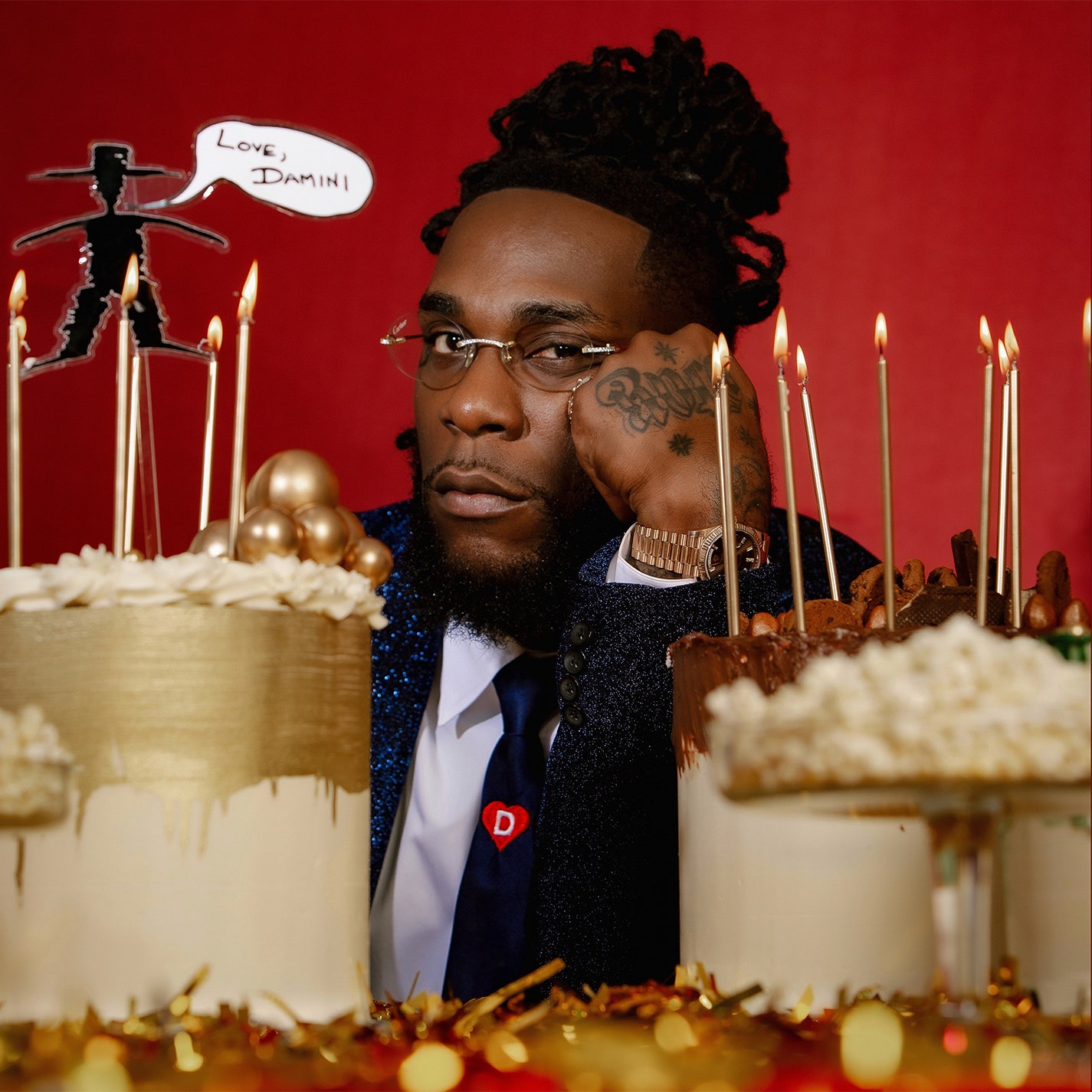
Burna Boy, Love, Damini (July 2)
Burna Boy records — and the sold-out arena shows he does to promote them — are straight up events. Love, Damini, his sixth LP, isn’t his absolute best work, but it’s his biggest and most ambitious. From the opening intonations of Ladysmith Black Mambazo on “Glory”, it’s clear this is a tour through the psyche of a superstar.
On that song, Burna reflects on a nasty tussle he became involved in during a prison stint in England, and the way the ramifications were more severe for him as a Black man. “Whiskey” opens with a passionate spoken interlude about environmental pollution in his home city of Port Harcourt, before Burna sings, “Because of oil and gas, my city so dark / Pollution make the air turn black / Every man have to stay on guard”. “Last Last” is a classic partying-to-hide-the-pain track, where an impossibly catchy hook masks the sting of a breakup and his admitted need for substances to keep him distracted (“I need igbo and shayo,” he sings repeatedly).
But this is a Burna Boy album, and nearly all of it goes down smooth as top-shelf tequila. “Science”, with its hazy guitars and cheeky lines about the 31-year-old rapper’s ways with women (“Everybody knows that I’m the gyal dem controller”), is slinky fun. The J Hus collaboration “Cloak & Dagger” showcases the pair’s impeccable chemistry. It’s nothing we haven’t heard before, but the returns never diminish.
As its title suggests, Love, Damini is Burn going autobiographical, and he manages to marry those moments with all the warm weather frivolity we’ve come to expect from his last five albums.
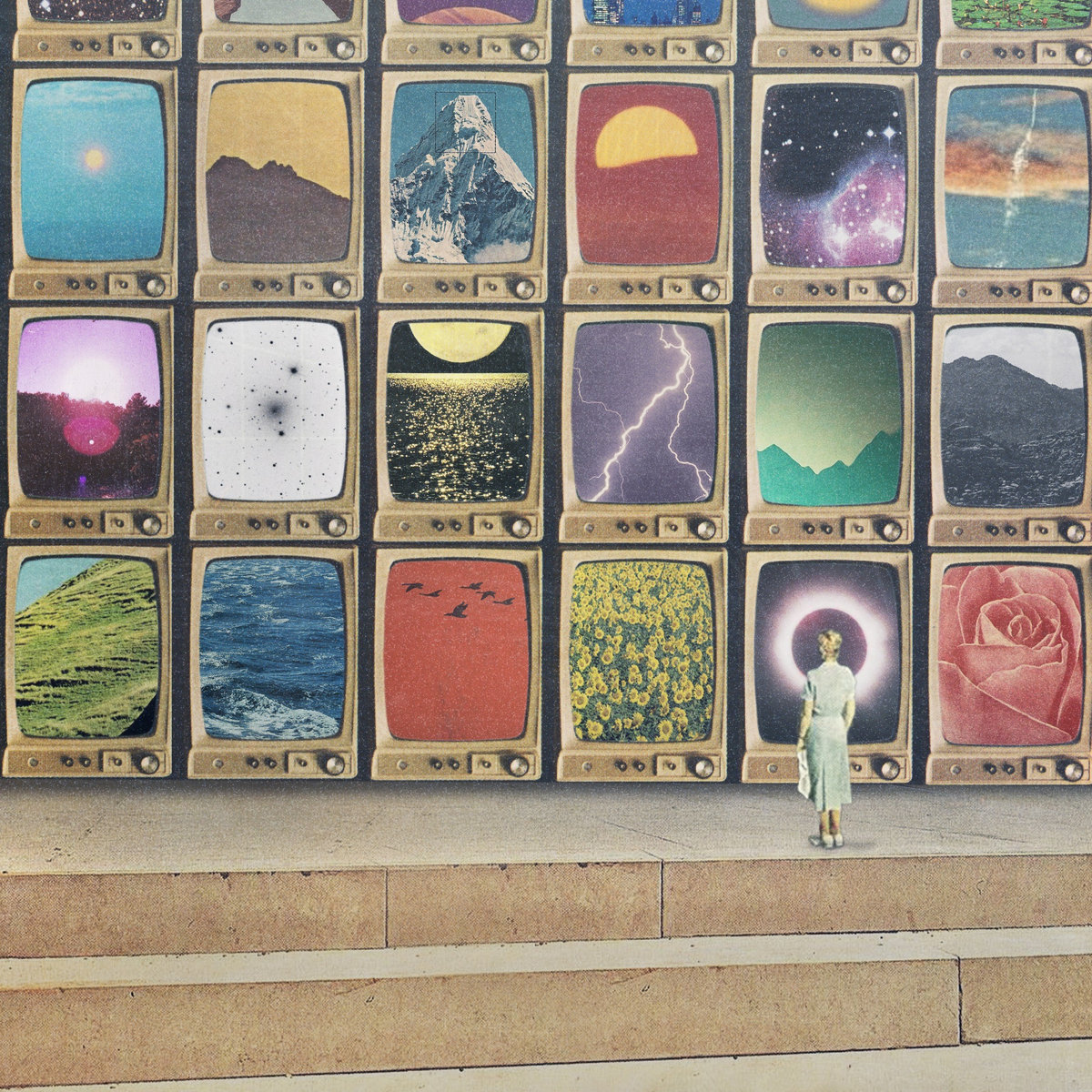
Modern Diet, The State of Things (July 7)
The project of Brooklyn-based producer and mix engineer Jake Cheriff, Modern Diet has always sounded impeccable, but The State of Things combines the band’s usual rock solid presentation with poignant, arresting lyrics to make for an uncommon blend of style and substance.
Single “Smaller” juxtaposes wistful lyrics reflecting on a relationship long in the rearview, with plucky handclaps and a nimble high-string guitar melody. The title track is filled with visceral imagery – the drone of a fan in an otherwise silent room, the not-quite-clean smell of an old, but freshly washed pillow – that manages to feel both specific and universal at once.
“Pretending” and “The Sink” amble along at a dreamy pace, hovering thanks to Jake’s delicate vocals and meticulous harmonies. But it’s album closer “25” that feels like the ultimate encapsulation of 20-something ennui. Inspired by the titular quarter-life crisis, the song sees the artist musing over gentle acoustic fretwork about growing older, how your relationship with creativity changes and how places connect to our maturation.
The State of Things doesn’t offer solutions to the myriad problems of contemporary life, but Modern Diet’s pristine brand of indie rock is as ideal a score as anything to soundtrack your own.
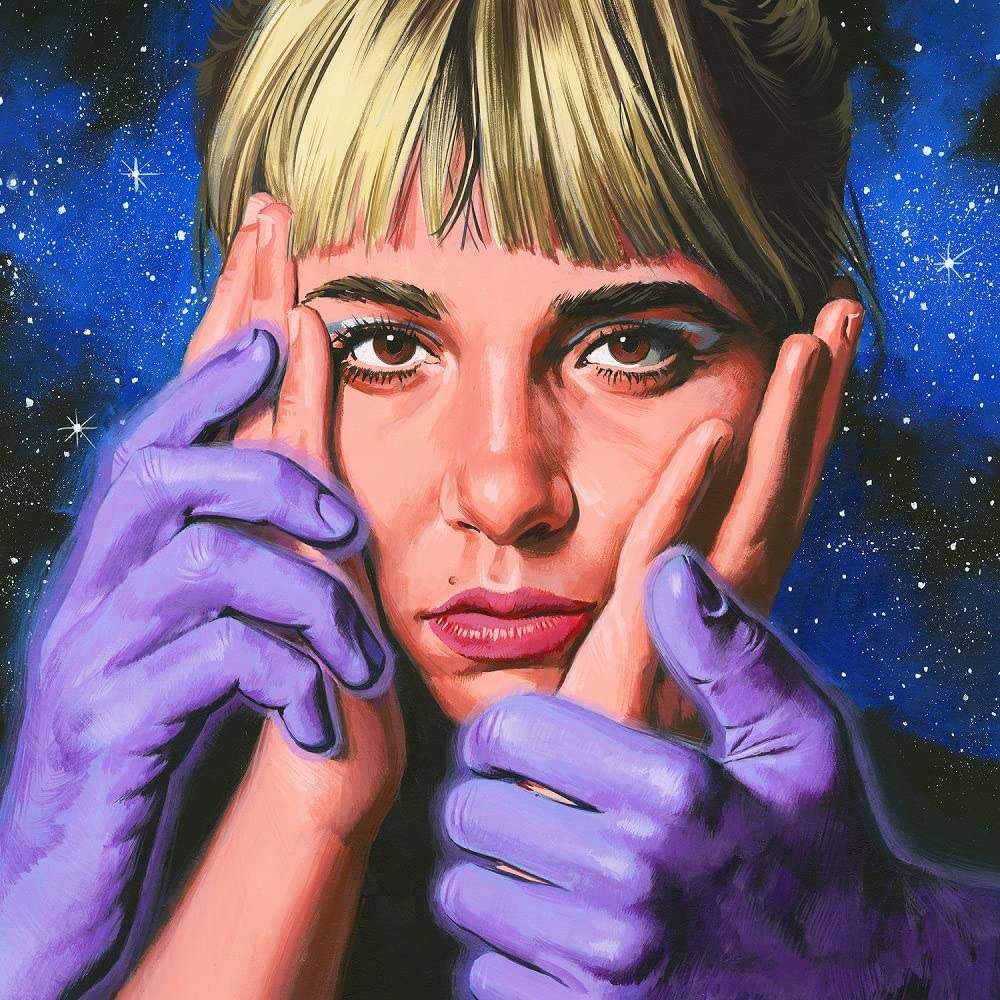
Beach Bunny, Emotional Creature (July 22)
The music of Chicago band Beach Bunny strikes a number of impressive balances, each harder to sustain than the last. Their songs are catchy without being predictable, earnest without being corny, and anthemic without being trite. Emotional Creature, their second album, is the highest sustained level of songwriting we’ve seen from Lily Trifilio and co., filled with earworm tracks like “Weeds” and “Gone”, where both the hooks and themes will be ringing in your head for weeks.
“‘Weeds’ was… almost like me trying to wake myself up from feeling sorry about myself, always victimising myself, being in these toxic patterns,” Lili told i-D. “I wrote it as if I was my own best friend having an intervention of sorts.”
Emotional Creature is filled with songs like this, where cathartic choruses and irresistible riffs don’t mask Lili’s vulnerable writing, they enhance it. And the images of love captured on songs like “Love Song” and “Eventually” are vivid and three dimensional, acknowledging how people can help each other grow. “Sometimes, it’s a while ’til I learn how to smile, but you’re patient / Panic attack, there’s a weight on my back, but you take it,” she sings on the latter.
For a young indie band, Beach Bunny has built a massive following — their clever-yet-tender songwriting has struck a chord with Gen Z and older fans alike. We’re all emotional creatures, after all.
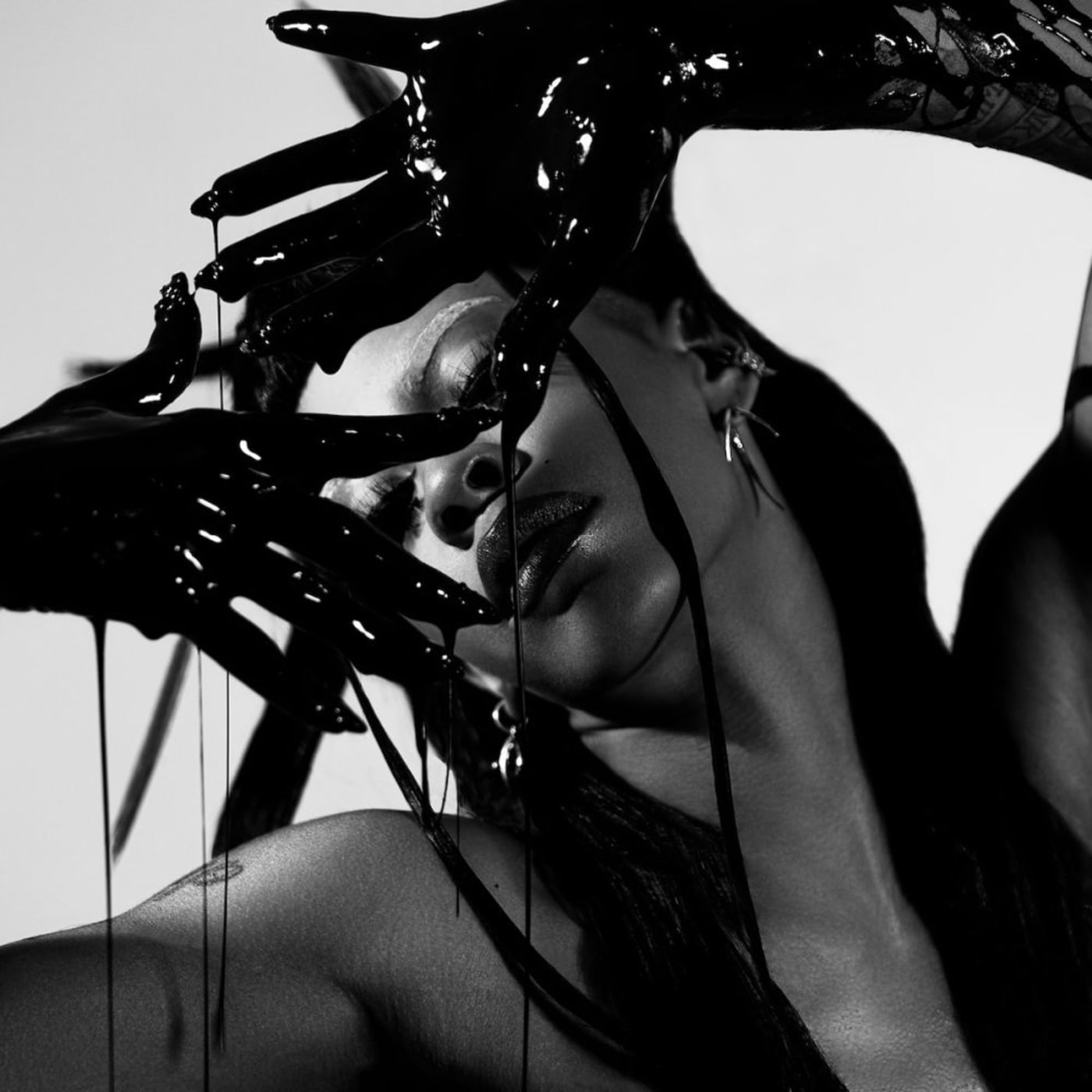
Rico Nasty, Las Ruinas (July 22)
Las Ruinas is the strangest album of Rico Nasty’s career, and that’s really saying something. The 25-year-old vocalist built a passionate fan base through kerosene-soaked fight raps like “Smack a Bitch” and “Rage”, but she’s grown more willing to expand her sound with each successive release.
The album opens with “Intrusive”, a jet propelled trip-hop track that makes the listener feel like they were just dropped into the movie Run Lola Run. Over the ensuing 40ish minutes, we get the candy-sweet hyperpop track “Phuckin Lady”, hypnotic house music in the form of “One on 5” and the soulful “Chicken Nugget”. The latter is a moving ode to her son, a song about the power of motherhood and how it even changed the way Rico looked at her own mother. “Remember when I heard your heartbeat for once? / It was the sweetest BPM I’ve ever known,” Rico recalls in a moment of forthrightness.
There are a few tracks on Las Ruinas that never quite gel, but Rico has never operated by trying to make everything fit smoothly. As she proves here, the square peg will fit into the round hole if you push hard enough, and the shape you’re left with might end up being something weird and remarkable.
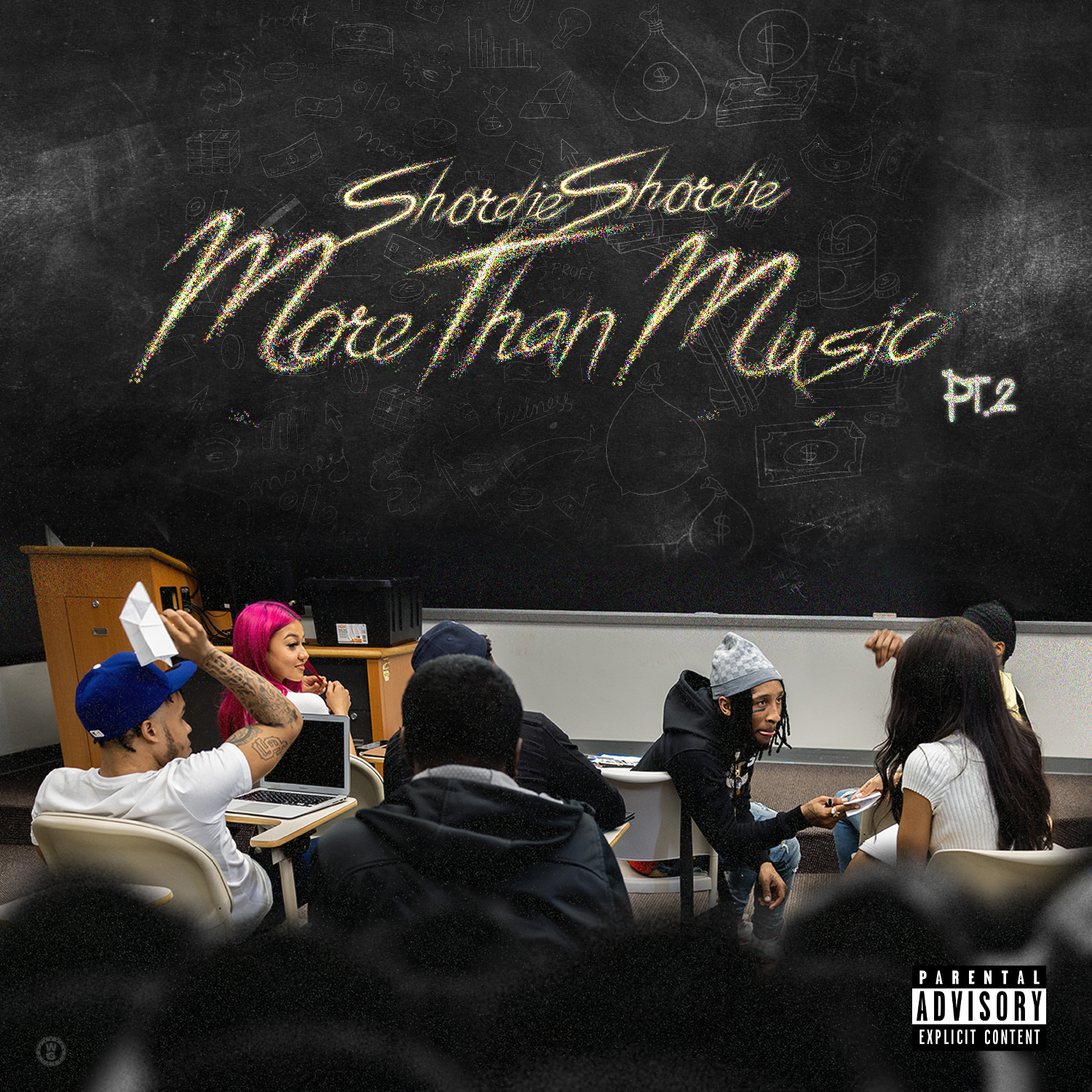
Shordie Shordie, More Than Music, Pt. 2 (July 22)
Rapper and raspy-voiced crooner Shordie Shordie never lacks passion. Whether he’s crooning about yet another acrimonious breakup or the fatigue and paranoia of being knee-deep in the Baltimore streets, his lyrics are constantly channeled through pained croaks and reedy melodies.
His latest album More Than Music, Pt. 2 doesn’t feature absolute apex songs like “DOCTORS” or “Ungrateful”, but its 17 tracks are uniformly engaging for the sense of urgency that he brings to simmering bedroom songs like “Is It True?” and somber hustler’s laments like “The Wire”. Lots of contemporary rappers use minor key guitar and piano loops to create an emotional shorthand, but for Shordie Shordie that’s just where the storytelling begins. His voice meshes so naturally with the riffs of “Caring” and “Body Language” that he practically sounds like a seventh string on the guitar.
“I don’t give a fuck if your cat, your fish, your dog died. I don’t care. I need my money. Somebody’s gonna pay me in something. EBT, CashApp, Zelle, whatever else,” Shordie proclaims on the album’s intro. It’s not the first time he’s said something like this – his 2021 LP Memory Lane contains a screed against those celebrity net worth websites that underestimate his wealth – and these lines work because they can be read as both earnest and deadpan.
On somber standout “The Wire”, Shordie seems to be admitting to infidelity when he raps, “She know I’m a cheater”, before swerving at the last second, “I’m a cheater for that money, boo”. Both love and capital are deathly serious topics on More Than Music, Pt. 2, and few rappers can convey those stakes like Shordie Shordie.

Ezra Furman, All of Us Flames (August 19)
Inspired by Bob Dylan and the enduring girl groups of the 60s, Ezra Furman’s All of Us Flames is an Americana album for a country on the brink, and the people striving to make a better world out of the ashes.
Ezra’s lyrics are as vivid and evocative as ever, punctuated by instrumentals and soaring hooks made for the open road. “Do you remember when we thought the world was ending? / Seems funny now / The future is a text message sending: out, out, out,” she sings on “Forever in Sunset”, which has all the hallmarks of an 80s classic but tackles a distinctly modern kind of terror.
“Ally Sheedy in The Breakfast Club” is a moving song about queerness, with a level of decayed distortion that makes it sound pulled from a VHS tape left in a garage sale VCR. Its nostalgic production only deepens the power of Ezra’s lyrics about seeing herself represented in the iconic character. “I watch her flicker on my TV / The teenage girl I never got to be,” she says.
All of Us Flames is a clarion call for true community – songs like “Come Close” interrogate toothless, performative activism, while “I Saw the Truth Undressing” sees the singer exploring her relationship with her body as a trans woman through the warm lights of a venue dressing room mirror. Ebullient guitars and synths make the LP as sonically accessible as anything Ezra has put out, but its tales of unlikely human connection, healing and introspection are what will really strike a chord.
